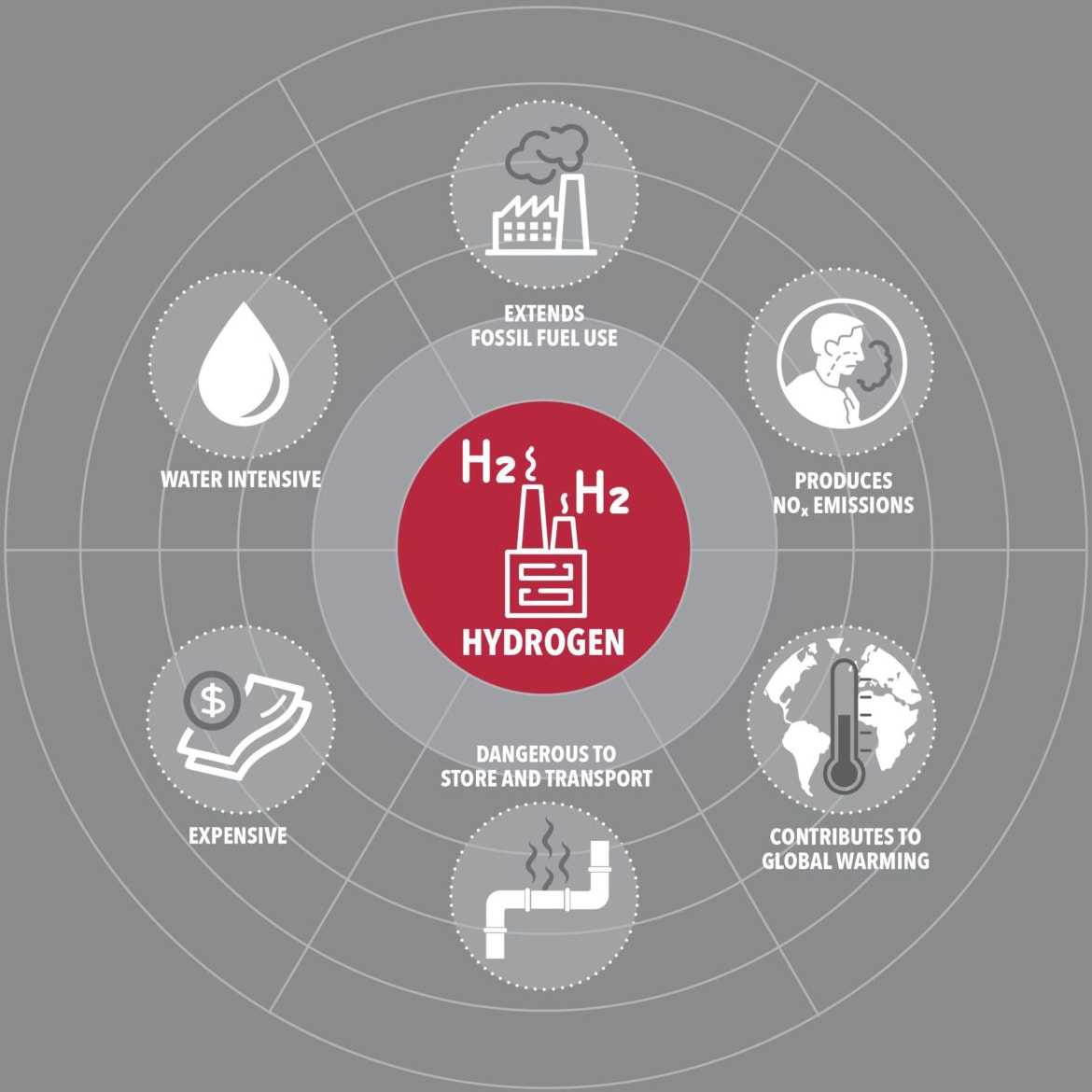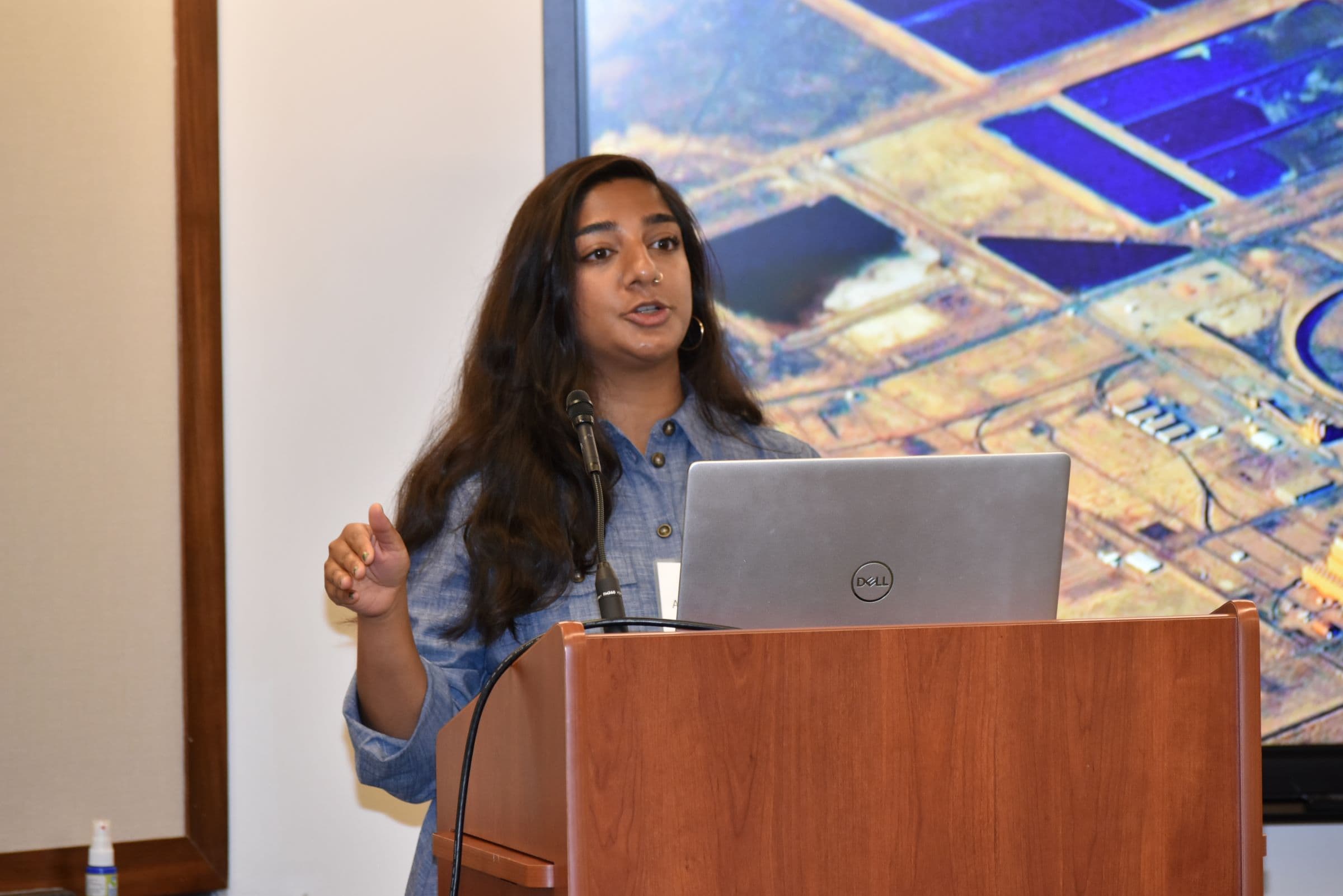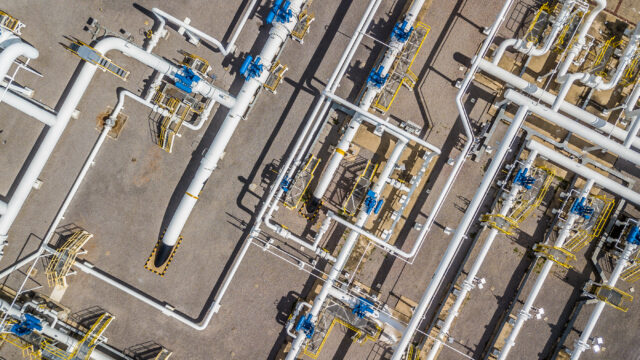Hydrogen Information and Public Education
Raising awareness of the health and environmental impacts of hydrogen production and use.

Clean Energy Group maintains a repository of research on hydrogen production and use, and a collection of tools to critically evaluate and track hazardous hydrogen proposals. These materials are intended to equip local advocates, regulators, and policymakers with evidence-based information to understand hydrogen’s impact on their communities.
Much of the hype around hydrogen, particularly hydrogen made from zero- or low-carbon sources (also known as green or blue hydrogen, respectively), relies on false claims regarding its safety, emissions potential, scalability, and cost. While there may be a role for hydrogen in the most difficult to decarbonize sectors, renewable generation and electrification represent cleaner, more efficient and cost-effective strategies to eliminate emissions across the power system, from generating electricity, to heating homes and businesses, to powering cars.

Who We Serve
When hydrogen is misguidedly used to extend the life of fossil fuel assets and to delay decarbonization efforts, it impacts low-income communities and communities of color already overburdened by fossil-fuel emissions the most. Clean Energy Group works in collaboration with environmental justice advocates and community-based organizations to equip communities with the information they need to push back against these spurious hydrogen proposals. In addition to frontline opposition efforts, Clean Energy Group provides unbiased information to policymakers and regulators to provide feedback on local, state, and federal hydrogen proposals and policies.
Project Impact
Engaged advocates and legislators across more than a dozen states to counter misinformation about hydrogen and raise awareness of the emissions, environmental, and safety hazards of hydrogen production, transportation, and combustion.
Collaborated with Earthjustice, New York Lawyers for the Public Interest, New York City Environmental Justice Alliance, THE POINT CDC, UPROSE, Chhaya CDC, and Sierra Club to oppose the use of hydrogen in the repowering a large gas power plant in New York City, resulting in the rejection of an air permit for the facility and, ultimately, the abandonment of the gas plant.
Provided commentary on the dangers of blue and green hydrogen to local and national news outlets, including the San Francisco Examiner, Utility Dive, E&E News, Morning Consult, and the Electrify This! podcast.



















